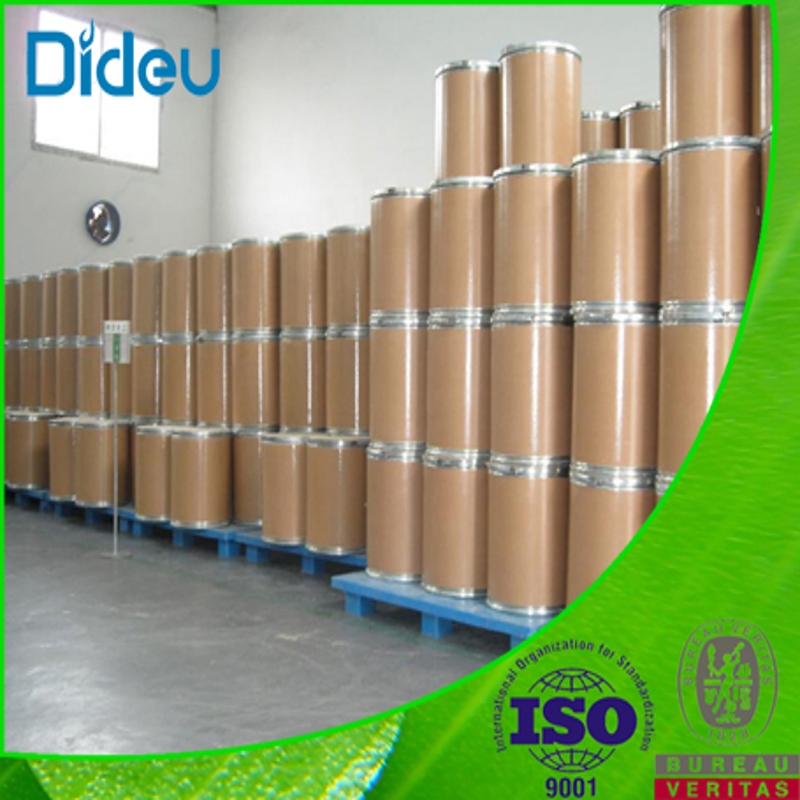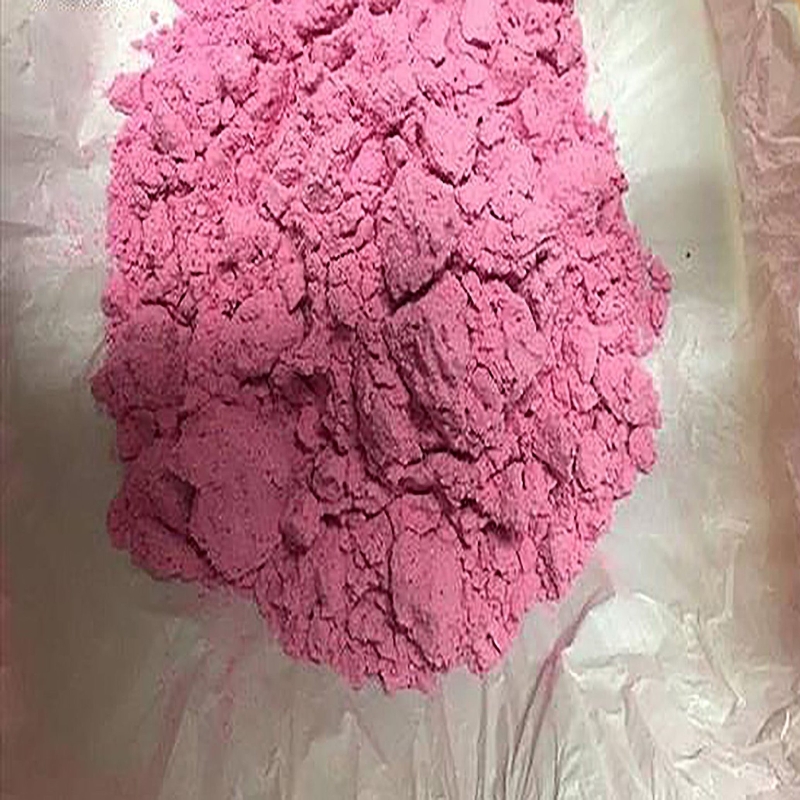-
Categories
-
Pharmaceutical Intermediates
-
Active Pharmaceutical Ingredients
-
Food Additives
- Industrial Coatings
- Agrochemicals
- Dyes and Pigments
- Surfactant
- Flavors and Fragrances
- Chemical Reagents
- Catalyst and Auxiliary
- Natural Products
- Inorganic Chemistry
-
Organic Chemistry
-
Biochemical Engineering
- Analytical Chemistry
-
Cosmetic Ingredient
- Water Treatment Chemical
-
Pharmaceutical Intermediates
Promotion
ECHEMI Mall
Wholesale
Weekly Price
Exhibition
News
-
Trade Service
Research purposes
Research purpose research purposeIntraoperative intravenous lidocaine as an auxiliary drug for general anesthesia has been widely accepted, which can reduce the use of opioids and promote recovery; we hypothesize that perioperative intravenous infusion of lidocaine in thoracoscopic surgery (VATS) patients can improve the operation Pain afterwards and improve the quality of recovery (QOR).
design
Design designProspective, single-center, double-blind, randomized, placebo-controlled clinical trial.
Range setting
Range settingSingle institution, top three affiliated hospitals of medical universities.
Subject
SubjectAdult patients aged 18-65 who receive VATS are eligible to participate.
Intervention
InterventionThe patients enrolled in this study were randomly divided into two groups; one group received intravenous lidocaine (an intravenous bolus of 1.
Observation index
Observation indexThe main observation index is the QOR-15 score after 24 hours of observation; the secondary indexes include postoperative pain score, total opioid use, recovery time, PACU stay time, incidence of adverse events, and patient satisfaction.
Main result
Main results The main resultsThere was no statistically significant difference in QOR-15 scores between lidocaine group and normal saline group at 24 hours after surgery (lidocaine group: median 117, interquartile range (IQR) 113.
in conclusion
Conclusion conclusionThe current research results do not support the use of perioperative intravenous lidocaine as a potential strategy for improving postoperative pain and QOR in VATS patients.
Original source:
Original source:Yusheng Yao, et al.
ncbi.
nlm.
nih.
gov/33676296/" target="_blank" rel="noopener">Efficacy of systemic lidocaine on postoperative quality of recovery and analgesia after video-assisted thoracic surgery: A randomized controlled trial.
Leave a message here







